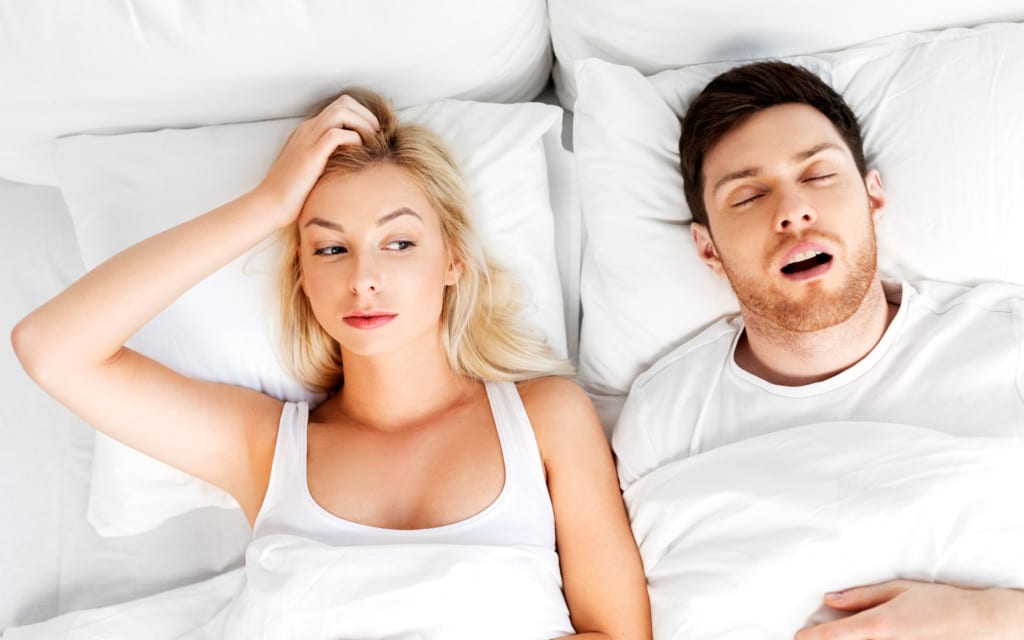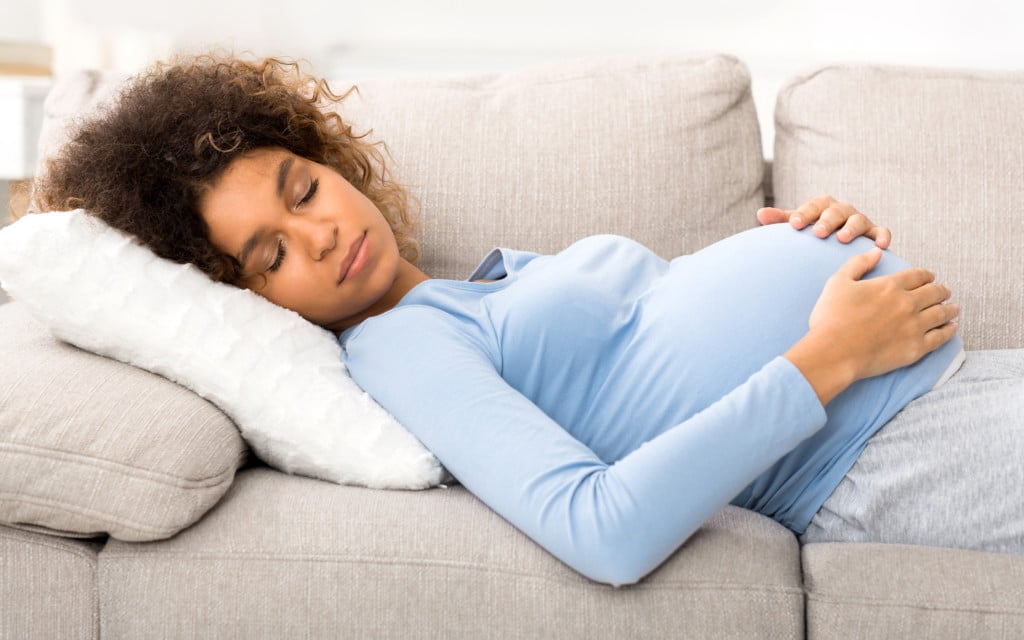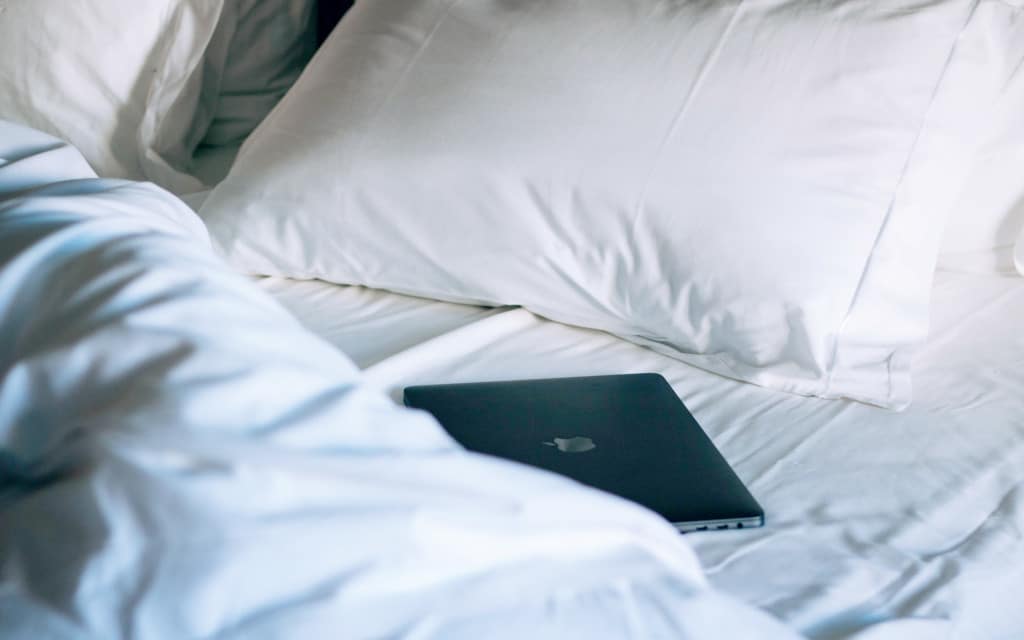We know that many factors affect our sleep requirements.
People who spend a lot of their days being physically active often require more sleep than their sedentary counterparts. Depending on your age, you may also need to snooze more often so that you grow and develop.
However, did you know that there’s a relationship between gender and sleep too?
Sleep needs by gender offer an interesting area of study that we’re only just beginning to explore.
In the search for better sleep hygiene routines and insomnia cures, scientists are finding that your gender could dictate how much time you need to spend on your pillow.
It turns out that women need more slumber after expending more mental energy each day. They experience more sleep disorders too.
A lot of women have issues with their hormonal balance, periods, and even menopause disrupting their nightly routines.
Here’s your guide to the relationship between gender and sleep. Answering the question why women need to sleep more than their manly counterparts.

Sleep needs by gender: The basics
For the most part, all adults follow the same essential guidelines for sleep.
We know that we need between 7 and 9 hours of sleep each night, and we do our best to get it.
However, just because you fall to sleep at the same time as your partner every evening, it doesn’t mean that you don’t have a different set of needs to consider.
Women need more sleep than men for a number of reasons.
One of the main factors in play here is the fact that women often struggle to get the right quality of sleep every night.
Chronic ailments giving discomfort and pain, like arthritis, can be more common in women.
What’s more, women frequently lose sleep over job-related stress too.
A snoring partner is another factor that stops women from getting the slumber that they need. Men are a lot more likely to snore than women, simply because of the structure of their airways.
If you’re a woman sleeping next to a man, this means you’re a lot more likely to be kept awake. You’ll be listening to sounds of your partner struggling to breathe freely during the night.
On top of that, men tend to drink more often than their female counterparts too.
Since alcohol relaxes the muscles in your throat, it can worsen snoring. At the same time, the more you drink, the more you need to get up during the night to go to the bathroom, increasing the risk of disruptions.
Why women need more sleep
It’s not just a greater risk of a bad night’s sleep that leads to women having more sleep requirements than men.
According to a leading expert in sleep science, Jim Horne, the average woman needs around 20 minutes more sleep each night than men.
During research into the question “Do women need more sleep than men,” the scientist found that women tend to multi-task more on most days.
This exhausts you faster and means that you need a lot more sleep. Women can also have much more hectic physical schedules than men, depending on what they do each day.
Of course, this theory into why women need more sleep also means that men who live physically and emotionally demanding lives might require a greater amount of sleep too.
If a man has a complicated job that requires a lot of lateral thinking, multi-tasking, and decision making, then he’s going to need more sleep than the average male as well.
The majority of the factors that cause women to need more sleep aren’t actually restricted to gender.
Although there are hormone changes in play like the menopause that can increase a woman’s sleep needs, our sleep requirements are often heavily dependent on our individual routines.

Women need to sleep more during pregnancy
One study of gender and sleep that’s clarifying, is the demand for longer and deeper sleep during pregnancy.
Pregnant women need a lot more rest than anyone else, particularly during their first trimester.
This is due to a number of things, including:
- Increased pressure on the mind and body
- Changes in metabolism within the body
- An increase in progesterone
During pregnancy women also have a higher risk of suffering from parasomnias. These are the unusual behaviours that occur either during sleep, when waking up or just before sleep.
Common parasomnias for expectant mothers range from insomnia to restless leg syndrome.
As babies grow and change the way that a woman’s body performs, the risk of poor sleep is increased.
Many expectant mothers during the first trimester wake up a lot in the night to go to the bathroom. That’s because the uterus begins to push on the bladder.
Additionally, swollen breasts, nausea, and cramps all make it a lot harder to go to sleep and stay asleep.
As the pregnancy progresses, women can go through a period of sleeping a little better during the second trimester. By this time they’re getting used to the changes in their body.
However, when the third trimester approaches, sleep becomes worse again. This can be due to anxiety about the upcoming birth and motherhood.
There might be lower back pain, and even just problems finding a comfortable position.
A lot of women would naturally find it much easier to fall asleep after a new baby is born because they’re exhausted and sleep-deprived.
Unfortunately — most babies wake every few hours, which prevents women from getting into the deeper phases of restful sleep.
Which gender needs more sleep? More facts to consider
All human beings need plenty of sleep — regardless of gender.
However, it’s difficult to ignore the exciting connections that gender and sleep can have.
Men and women often have different sleep tendencies that depend on their personalities, daily activities, and habits.
However, what’s really interesting, is the fundamental biological differences between genders when it comes to sleep. One study has proven that there are marked differences in the circadian rhythms that naturally form in men and women.
Hormones and biology have a significant impact on the way that we operate, and the way that we sleep. Since men and women have different hormones working on their brains all the time, it makes sense that we would sleep differently.
Interestingly, the studies that show that women need to sleep more also indicate that females can perform better than men when they’re sleep-deprived.
Although women need more sleep than their male counterparts to perform at their best, they can also rebound a lot more quickly from sleep deprivation.
This may have something to do with women being forced to recover quickly from sleep deprivation after a baby is born — but scientists aren’t totally sure.
One thing that we do know is that women spend more of their time asleep in deep, slow-wave stages. The time spent in that deep sleep is memory-boosting and restorative. This indicates that women can recover a lot faster when they’re low on rest.
Unfortunately, while women may rebound faster from sleep loss, there’s also evidence that they’re also more vulnerable than most men to sleep disorders and their health risks.
Research indicates that women who get fewer than 8 hours of sleep often demonstrate an increased risk of heart problems.
In this particular study, the men in the research also had a greater chance of heart issues when missing sleep, but their threat was lower than it was for women.
Additionally, the results of a study into cancer and sleep found that women are also more likely to experience insomnia during cancer treatment than men too.

How to make the most of your sleep requirements
It seems clear that women need more sleep than men in many cases. However, like with most sleep studies, there are exceptions to the rule.
While most women can benefit from more deep-wave sleep than their male counterparts, they’re also often better at coping without it. Some women find it hard to sleep without their partner.
Additionally, some men will also need a higher amount of sleep and longer periods of rest when they have a lifestyle that requires a lot of multi-tasking and deep thought.
No matter your gender, it’s worth noting that anyone can improve the quality of their slumber by adopting a few basic sleep practices.
Staying to the same schedule each day, getting rid of electronics before bed, and making sure that you get plenty of exercise can all help you to sleep soundly.
If you think that you need professional help with your lack of sleep, then you can also seek assistance from a doctor.
Medical professionals will be able to take a closer look at your sleep issues, considering everything from your gender, to your history, and your current experiences.
Some experts will even recommend a sleep study to get to the bottom of your conditions.
What do you think about the relationship between gender and sleep?
Let us know in the comments or browse through our other articles here to find out more.
Siestio. Sleep Matters.
General advice disclaimer
This article contains general tips and advice. However, no diet or exercise program should be started without consulting your physician or other industry professional first. For more information read our full disclaimer here.







